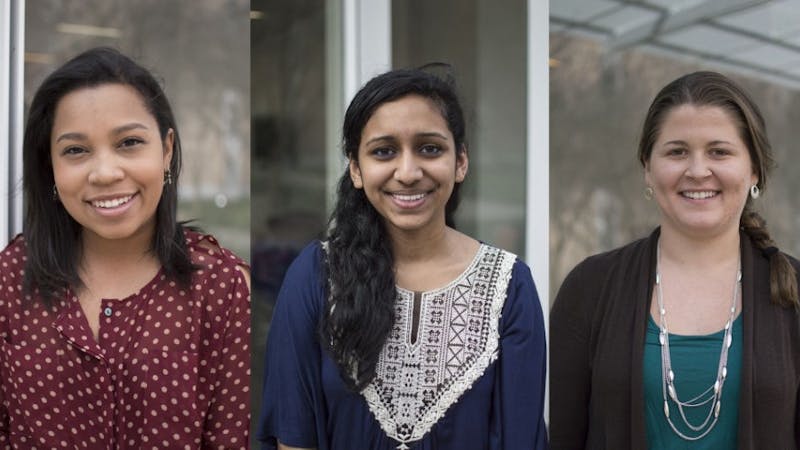NEWS
1/28/15 3:12pm
By Aparna Narendrula
The Kinder Institute for Urban Research is currently in the process of transitioning from being a part of Rice University’s School of Social Sciences to being a multidisciplinary campus-wide think tank, like the Baker Institute, according to Director of the Kinder Institute Bill Fulton. The institute was founded four years ago by professors Stephen L. Klineberg and Michael O. Emerson of the department of sociology.“The Kinder Institute is designed to use the resources on the Rice campus to do research into urban issues [and] issues of cities, particularly Houston,” Fulton said. “[The institute] then finds ways to work with politicians, civic organizations, private business and so forth to try to take the solutions to those urban challenges out into the real world and try to implement them and see whether they work.”Currently located in Sewall Hall, the expansion involves collaboration with the School of Architecture and the departments of civil engineering and computer science, among other disciplines. Fulton said the Kinder Institute will now broaden its approach to solving urban issues in order to achieve more visibility and a wider-reaching practical impact.“Certain aspects of its [past research] have had a very important impact. Professor Klineberg’s survey … has had a very important impact helping people in Houston understand what the city really is today,” Fulton explains. “Thirty years ago Houston was almost entirely white; today it is 45 percent Latino. It’s very multi-ethnic. There are various issues associated particularly with educational attainment of non-whites, so the Houston area survey has highlighted that.”The survey quantifies Houston area residents’ attitudes and beliefs in response to changes in the area. The institute aims to share the information found from the annual survey with scholars, leaders and the public.In the past, the Kinder Institute also worked on projects such as the Houston Education Research Consortium, through which scholars work with the Houston Independent School District to help administrators understand the effect of their programming.Fulton said he hopes for a future of collaboration between Rice’s two think tanks. Allen Matusow, academic director of the Baker Institute, also serves on the advisory board of the Kinder Institute. According to Fulton, the Kinder Institute emphasizes quantitative research, unlike the Baker Institute, although future plans involve more policy analysis.“The Baker Institute, as you may know, focuses largely on national and international issues. But we are beginning to talk about what the overlap is,” Fulton said. “The Baker Institute does very good work on health policy, for example. We do work on urban health here, particularly health in the urban areas. And so we are currently trying to identify areas of collaboration [between] local city and metropolis [analysis and their] state national and international stuff, so there will be some overlap and we are trying to identify how we do that.”For now, the 4-year-old institute will remain housed primarily in the basement of Sewall Hall. Fulton is thinking about future research on education, health and strengthening the global cities program. Fulton said he is particularly interested in the growth of the Houston region.“Houston is going to take its place as one of America’s and the world’s greatest cities,” Fulton said. “I think Houston is highly underappreciated. It’s a big, complicated, sophisticated cosmopolitan city. Our job is to help everybody else in the U.S. understand that Houston is a big, important city, and that lots of really great ideas about how to improve city life and how to deal with urban problems can come out of a city like Houston in addition to a place like New York or LA.”

